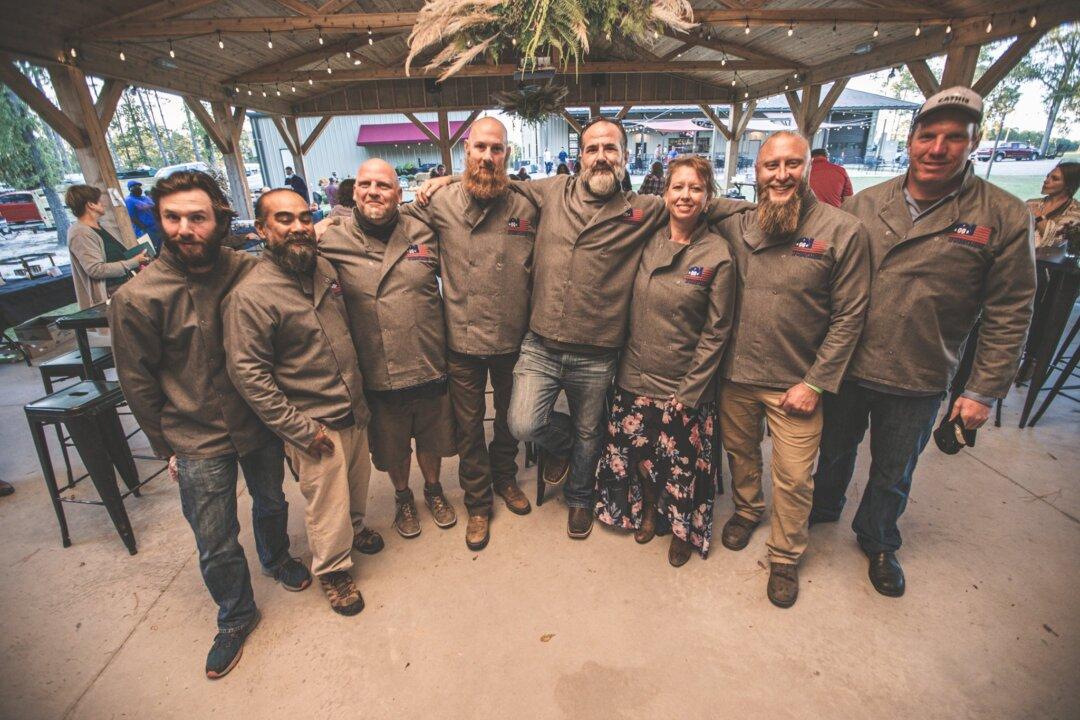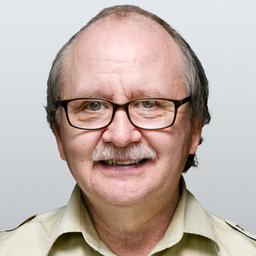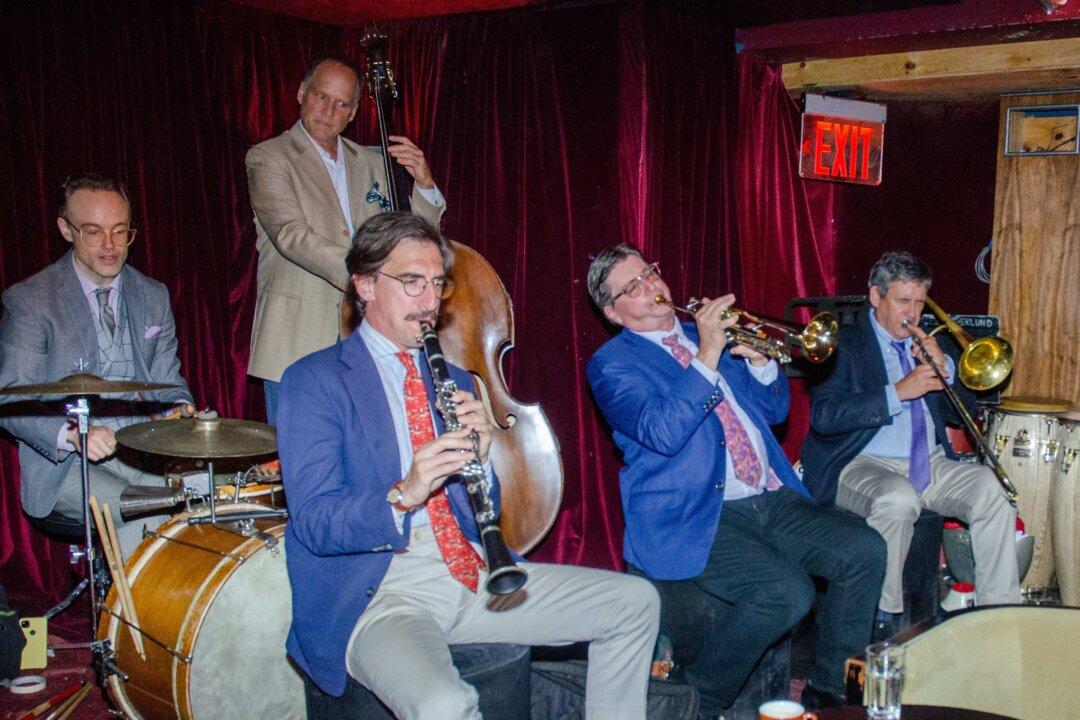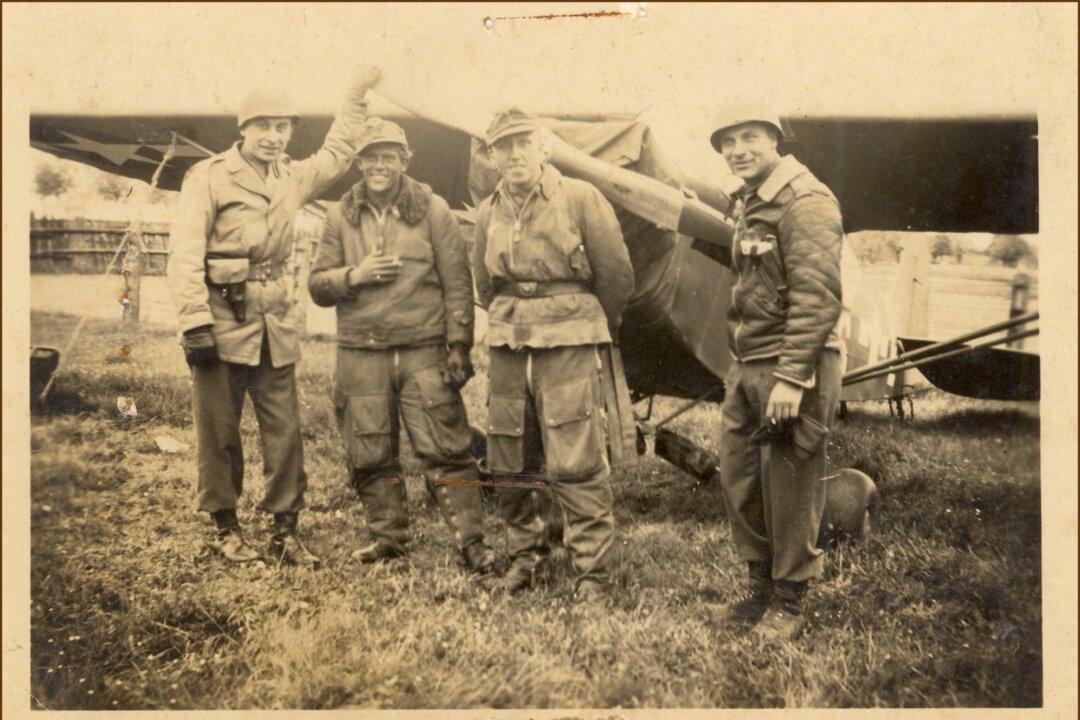“One of the bigger problems I had was I no longer had a purpose, because in the Marine Corps, you are built up to have a pretty big ego,” Robert Elliott told The Epoch Times.
This problem isn’t unique to Elliott or to the Marines specifically, but is common to many veterans who have recently made the transition from military service back to civilian life.






